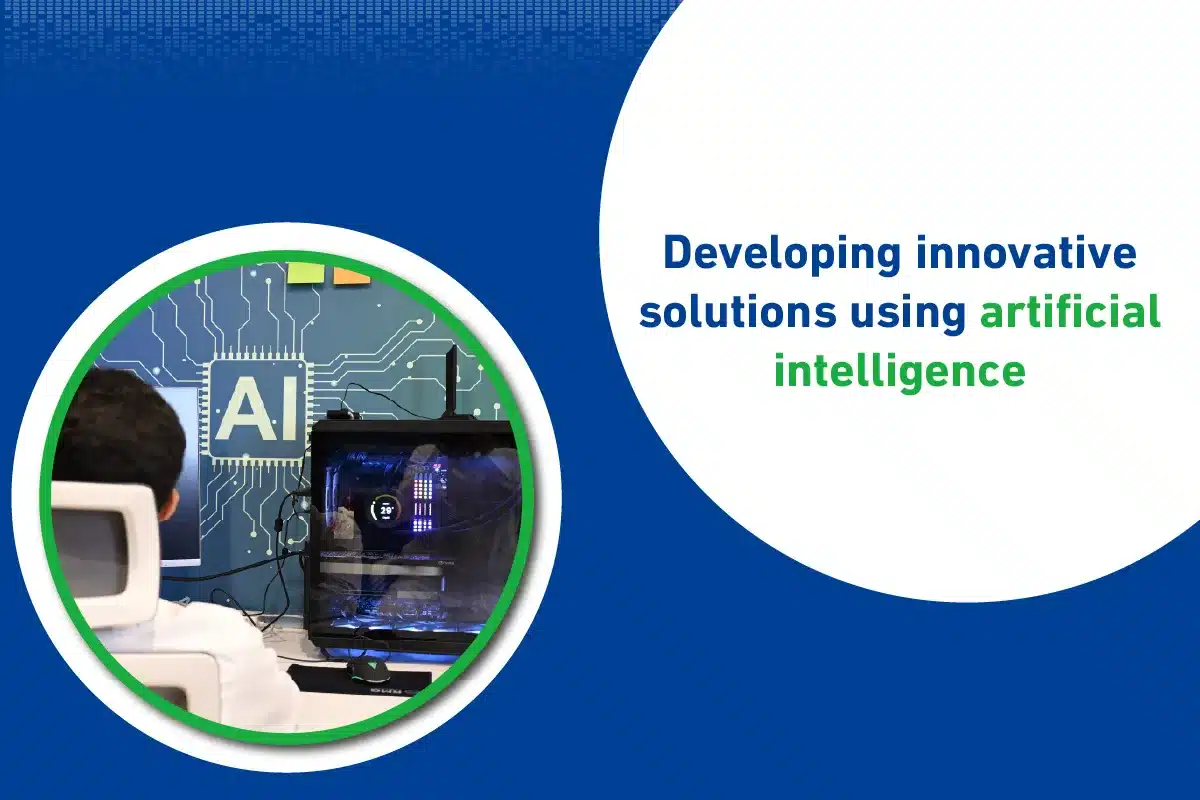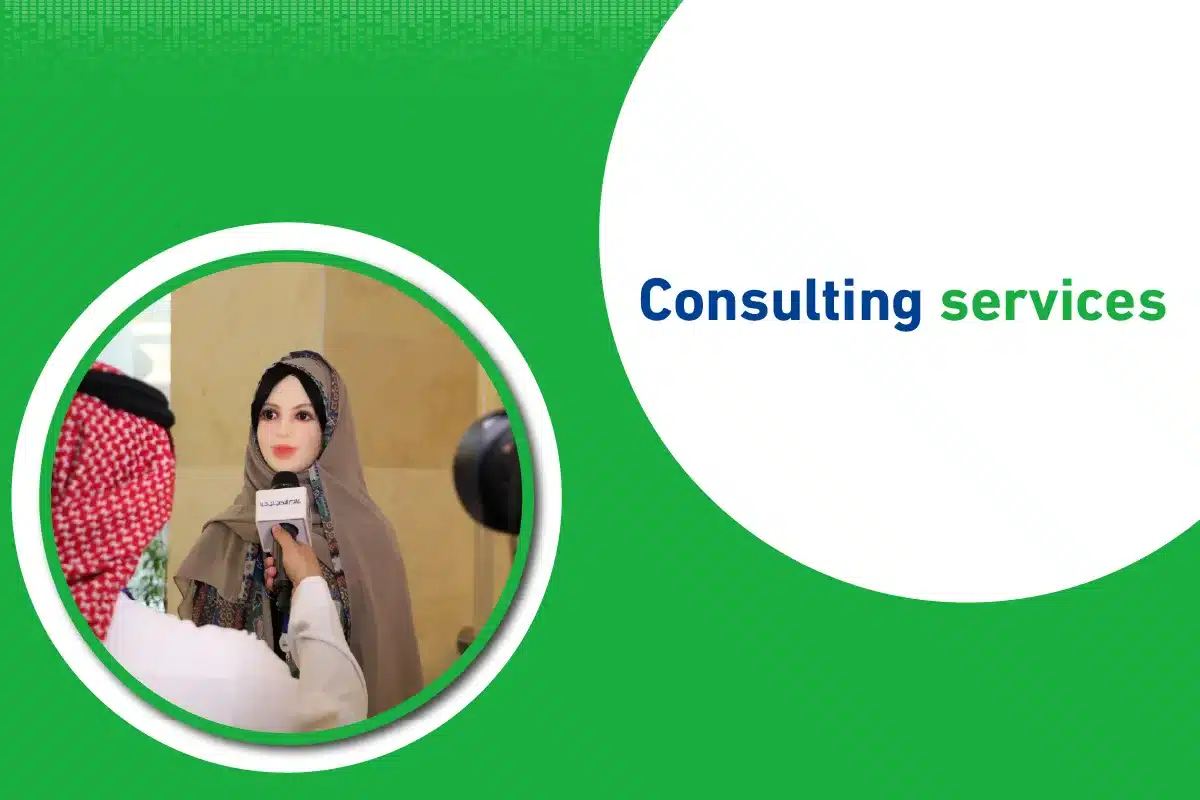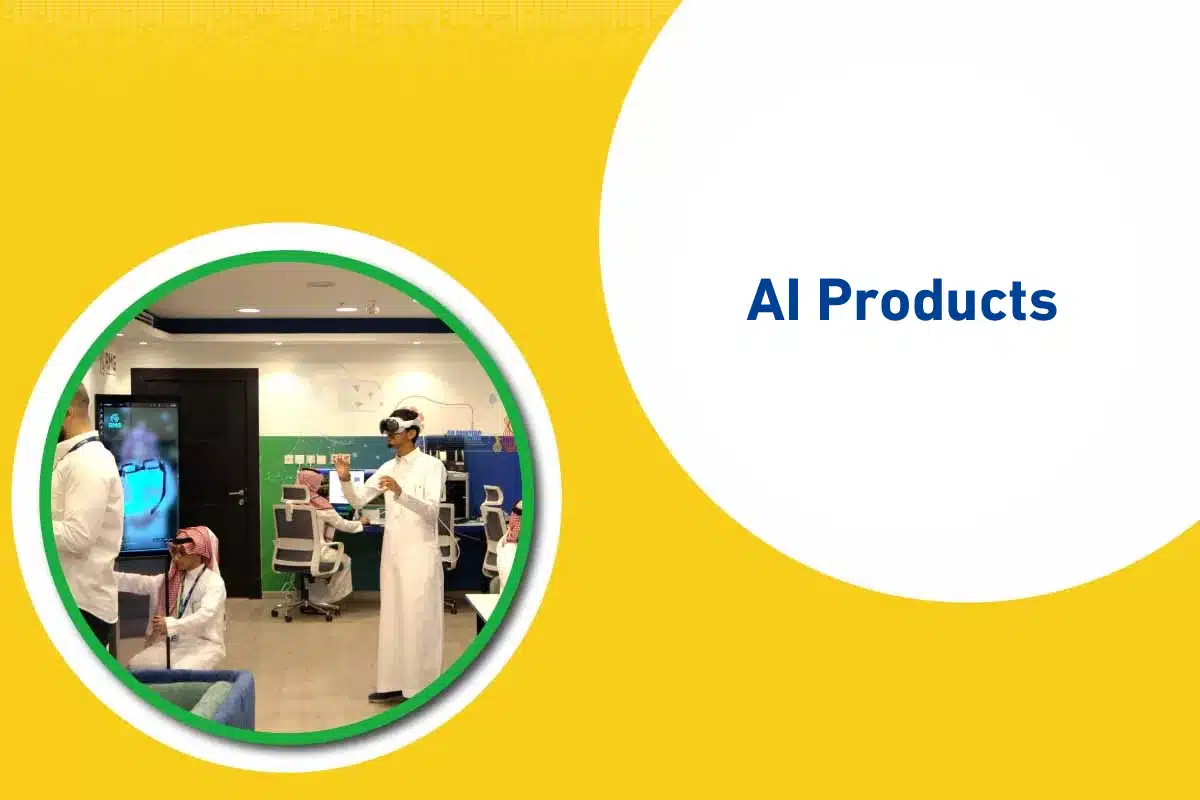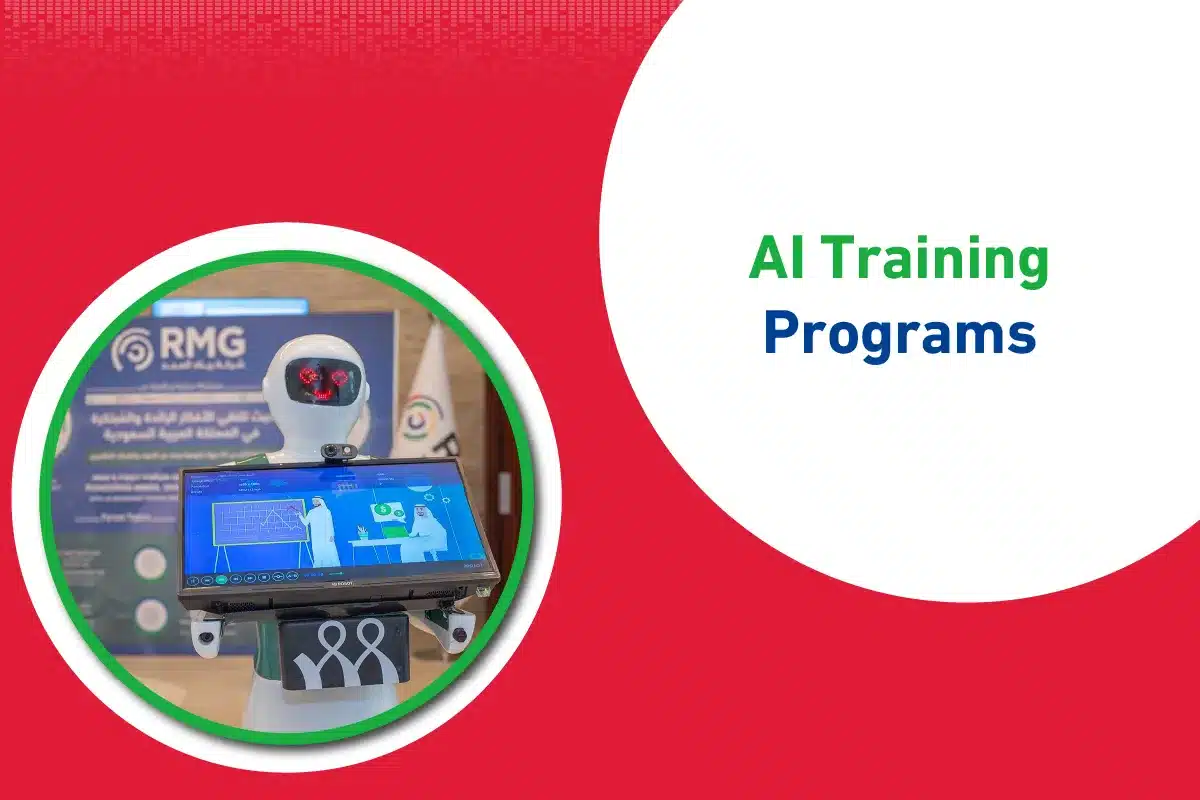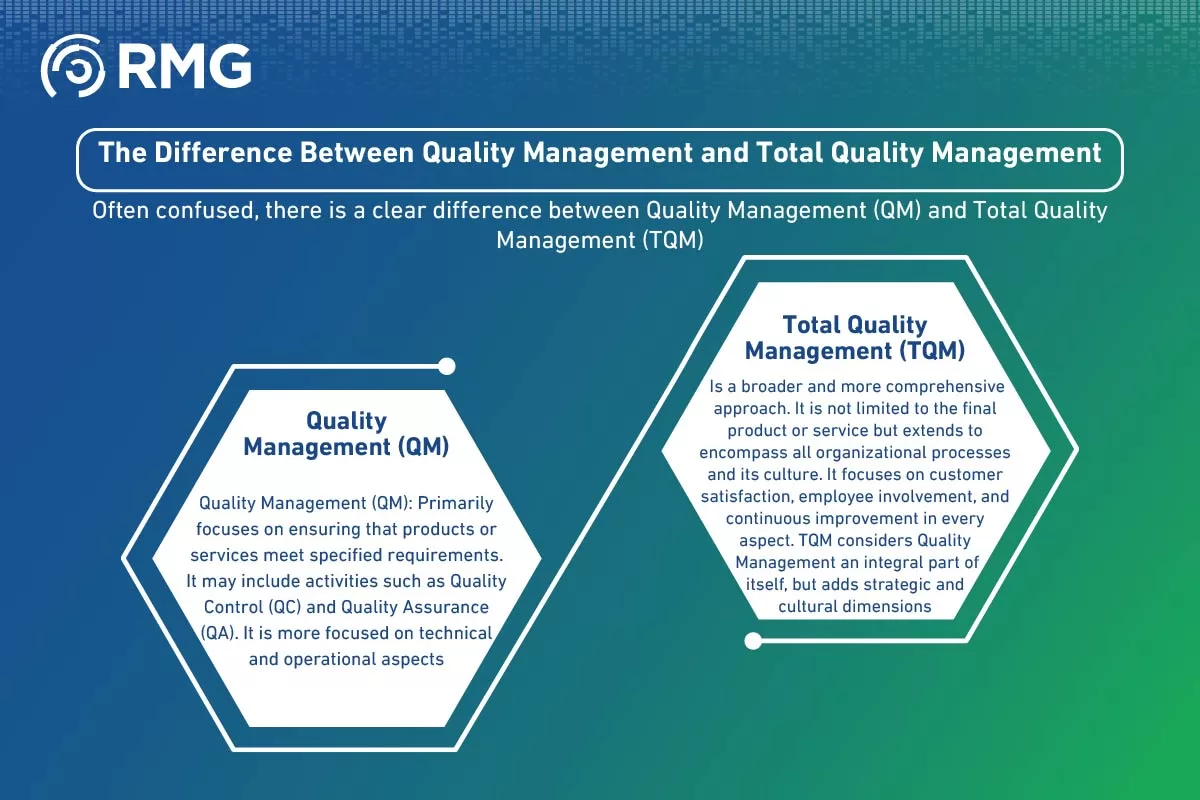Discover everything about Total Quality Management (TQM) in this comprehensive guide. From its concept and principles to strategies for successful implementation to achieve organizational excellence. Start your journey towards quality now!
Total Quality Management (TQM) stands as a beacon guiding organizations towards achieving operational excellence and customer satisfaction, building an organizational culture founded on continuous improvement. This article is your guide to exploring the depths of this vital concept and understanding how to apply it effectively to achieve your strategic goals.
The Concept of Total Quality Management in Organizations
The concept of Total Quality Management (TQM) in organizations is defined as a strategic management approach aimed at achieving long-term success by focusing on customer satisfaction and engaging all members of the organization in continuously improving processes, products, services, and organizational culture. It is a comprehensive philosophy that goes beyond merely inspecting final products to encompass every aspect of work, from top leadership down to every frontline employee. TQM is based on the principle that quality is everyone’s responsibility, and continuous improvement is an ongoing journey.
History of Total Quality Management
The roots of Total Quality Management (TQM) trace back to the early 20th century, but it gained significant momentum after World War II, especially in Japan. Pioneers such as W. Edwards Deming, Joseph Juran, and Philip Crosby played pivotal roles in developing its principles. Japanese companies effectively adopted these concepts, leading to a revolution in their product quality and their dominance in global markets. Later, Western companies recognized the importance of this approach and began applying it to improve their competitiveness. Today, TQM has become a global standard for operational excellence.
The Difference Between Quality Management and Total Quality Management
Often confused, there is a clear difference between Quality Management (QM) and Total Quality Management (TQM):
- Quality Management (QM): Primarily focuses on ensuring that products or services meet specified requirements. It may include activities such as Quality Control (QC) and Quality Assurance (QA). It is more focused on technical and operational aspects.
- Total Quality Management (TQM): Is a broader and more comprehensive approach. It is not limited to the final product or service but extends to encompass all organizational processes and its culture. It focuses on customer satisfaction, employee involvement, and continuous improvement in every aspect. TQM considers Quality Management an integral part of itself, but adds strategic and cultural dimensions.
Stages of Total Quality Management Evolution
The evolution of Total Quality Management (TQM) has undergone several key transformations:
- Inspection: Focus on inspecting final products and detecting defects.
- Quality Control (QC): Using statistical tools to monitor processes and reduce defects during production.
- Quality Assurance (QA): Building systems and procedures to ensure quality at all stages of the process, not just in the final product.
- Total Quality Management (TQM): A shift towards a comprehensive philosophy focusing on a culture of quality, customer satisfaction, employee involvement, and continuous improvement as a strategic approach for the entire organization.
Objectives of Quality Management
The objectives of Quality Management (and more broadly, the objectives of Total Quality Management – TQM) aim to achieve a set of vital goals for the organization, most notably:
- Achieving customer satisfaction: Understanding and meeting customer expectations, and even exceeding them.
- Increasing operational efficiency: Reducing waste, errors, and unnecessary costs.
- Improving product and service quality: Providing real added value to customers.
- Enhancing competitiveness: Gaining a competitive advantage in the market.
- Boosting employee morale: Engaging and empowering employees and increasing their loyalty.
- Achieving sustainable growth: Building a strong foundation for long-term success.
Principles of Total Quality Management
Total Quality Management (TQM) is based on a set of fundamental principles that guide its implementation:
- Customer Focus: Understanding current and future customer needs and striving to exceed their expectations.
- Leadership: Top management’s commitment to providing a clear vision and a supportive environment for quality.
- Involvement of People: Engaging all employees in achieving quality objectives and empowering them.
- Process Approach: Managing activities and resources as interconnected processes to achieve desired results efficiently.
- System Approach to Management: Understanding and managing interconnected processes as an integrated system.
- Continual Improvement: Constantly striving to improve performance in all aspects of the organization.
- Factual Approach to Decision Making: Relying on data and information analysis to make effective decisions.
- Mutually Beneficial Supplier Relationships: Building strong partnerships with suppliers to enhance the ability to create value.
Importance of Quality Management
The importance of Quality Management (especially Total Quality Management – TQM) lies in its ability to transform organizations. It is not just a set of tools and techniques, but a culture and a work philosophy. Organizations that seriously adopt this approach enjoy a better reputation, higher customer loyalty, greater adaptability to change, and sustainable profitability. In Saudi Arabia, the efforts to implement TQM align with the goals of Saudi Vision 2030, which seeks to enhance the efficiency of both public and private sectors and promote global competitiveness.
Benefits of Quality Management for Organizations
The benefits of Quality Management for organizations committed to implementing its principles are numerous and include:
- Increased customer satisfaction and loyalty.
- Improved organizational reputation and brand.
- Reduced costs resulting from errors, waste, and rework.
- Increased productivity and operational efficiency.
- Improved employee morale and increased engagement.
- Better decision-making based on accurate data.
- Enhanced ability to innovate and adapt.
- Opening new markets and increasing market share.
Challenges of a Quality Management System
Despite the many benefits, organizations may face some challenges or what can be considered disadvantages of a Quality Management System (or rather difficulties in its implementation):
- Initial implementation cost: May require investment in training and new systems.
- Requires a long time: Achieving a total quality culture requires patience and perseverance.
- Resistance to change: Employees may find it difficult to adapt to new ways of working.
- Need for strong commitment from top management: Without leadership support, quality initiatives fail.
- Excessive focus on procedures: Can lead to bureaucracy if not applied flexibly.
Types of Total Quality Management
There are no specific “types” of Total Quality Management (TQM) as a philosophy, but there are various models, tools, and methodologies that can be used within its general framework to support the achievement of its objectives. Among the most prominent of these models and methodologies that integrate with TQM are:
- ISO 9000 Standards: A set of international standards for quality management systems.
- Six Sigma: A data-driven methodology for reducing defects and improving processes.
- Lean Management: Focuses on eliminating waste and increasing customer value.
- National and Regional Quality Awards: Such as the Deming Prize, Malcolm Baldrige National Quality Award, and King Abdulaziz Quality Award in Saudi Arabia, which provide frameworks for excellence.
What are the Tasks of Quality Management?
The tasks of Quality Management (or the department responsible for quality within the TQM framework) include a wide range of activities, such as:
- Developing and implementing quality policies and procedures.
- Defining quality standards for products, services, and processes.
- Planning and implementing quality assurance and quality control activities.
- Training employees on quality principles and tools.
- Leading continuous improvement teams.
- Monitoring process performance and analyzing quality-related data.
- Managing customer complaints and taking corrective and preventive actions.
- Coordinating internal and external audits of the quality system.
What are the Characteristics of the Quality Management Process?
The characteristics of an effective Quality Management process, especially when implementing Total Quality Management (TQM), are as follows:
- Customer focus: Meeting their needs is the primary driver.
- Preventive approach: Preventing problems from occurring rather than just detecting them.
- Continuous improvement: Constantly seeking opportunities for development.
- Total involvement: Engaging all organizational levels.
- Data-driven: Making decisions based on facts and evidence.
- Systemic thinking: Understanding the interconnectedness of different processes.
- Committed leadership: Support and guidance from top management.
Areas of Total Quality Management Application
Total Quality Management (TQM) is a flexible philosophy that can be applied in various sectors. The areas of TQM application include:
- Industrial Sector (Manufacturing): The origin of many quality principles.
- Service Sector: Banks, hotels, airlines, telecommunications.
- Healthcare Sector: Hospitals, clinics, and healthcare providers.
- Education Sector: Schools, universities, and training institutes.
- Government Sector and Public Institutions: To improve the efficiency of services provided to citizens.
- Non-profit organizations.
Obstacles to Total Quality Management Implementation
Despite its importance, there are obstacles to Total Quality Management (TQM) implementation that may limit its success:
- Lack of commitment and support from top management.
- Resistance to change from employees or middle management.
- Insufficient training and awareness of quality concepts.
- Weak communication and coordination between departments.
- Focus on short-term results instead of building a long-term culture.
- Lack of financial or human resources allocated to quality.
- Difficulty in measuring some aspects of quality, especially in services.
- Lack of genuine understanding of TQM principles and superficial application.
Most Important Quality Management Courses
To enhance competencies in this field, the most important Quality Management courses are a valuable investment. Among these courses are:
- ISO 9001 Lead Auditor / Implementer Certification: To qualify specialists to implement and audit quality management systems according to the ISO 9001 standard.
- Six Sigma Courses (Green Belt, Black Belt): To learn methodologies for process improvement and defect reduction.
- Lean Management Courses: To focus on eliminating waste and achieving efficiency.
- Specialized Total Quality Management (TQM) Courses: Providing a deep understanding of TQM philosophy and principles.
- Courses in Statistical Quality Tools (Statistical Process Control – SPC).
- Courses in Quality-Related Risk Management.
Renad Al Majd: Your Strategic Partner Towards Excellence in Total Quality Management
At Renad Al Majd for Training and Consulting (RMC), we deeply understand that the journey of implementing Total Quality Management (TQM) requires specialized expertise and a strategic vision. We do not offer generic solutions; instead, we design customized consulting and training programs that fit the nature of your business and your unique challenges. Our team of experienced experts possesses the necessary tools and knowledge to help you build a solid quality culture, improve your operational processes, and achieve customer satisfaction that exceeds expectations. Through our consulting services, we work side-by-side with your leadership and work teams to identify strengths and opportunities for improvement, and to apply the best practices of Total Quality Management (TQM) that ensure you achieve tangible and sustainable results.
Elevate Your Organization with Renad Al Majd’s Integrated Solutions in Quality and Organizational Excellence
And because excellence is a continuous journey that requires qualified competencies capable of leading change, Renad Al Majd (RMC) offers a package of accredited training courses and interactive workshops in the field of Total Quality Management (TQM) and its various applications. Whether you seek to qualify your staff on the latest ISO standards, provide them with Six Sigma and Lean Management skills, or build a deep understanding of organizational excellence principles, our carefully designed training programs are your gateway to achieving this.
We invite you today to contact Renad Al Majd to explore how our expertise and diverse services in consulting and training can support your ambitions towards leadership and elevating quality standards in your organization, effectively contributing to achieving the ambitious goals of Saudi Vision 2030.







